Schools are full of expertise in teaching pupils, but how do we apply the science of learning to help develop computer science teachers?
Teachers spend hours sitting in training sessions, but how much of this sticks? How much feels useful?
If we want to help each other learn and develop computing skills for the classroom, we need to apply the same care in designing teachers’ learning as we do to designing pupils’ learning.
When my group created the new Continuing Professional Development (CPD) Standard, we reviewed a massive international literature regarding what works. It will come as no surprise that isolated blasts of information do just as little for teachers as they do for our students.
The good news is that we can do much better.
When we get it right, CPD feels empowering and relevant, increasing our job satisfaction, and helping us to lead our students to ever-greater success.
Here are Five Big Findings to Developing Great Computer Science Teachers
1. Generic teaching advice isn’t enough
It turns out, it’s hard to improve teaching with generic tips and tricks.
Rather than spend time hearing about how to ask good questions, I might spend time thinking about great questions to ask about something specific in my subject, for example, great questions to ask when teaching if-then-else code in Python.
2. Subject knowledge really matters
Moving from generic to subject-specific gives me a chance to increase my subject knowledge.
I can support this by some selftesting using exams, reviewing the scheme of work to audit my confidence, and then either getting support from colleagues or scheduling time to work through online teacher training.
3. Teacher staff room culture really matters
We want classrooms that are full of trust, open discussion, and mutual support. We also need the same in teacher staff rooms.
Teachers, like students, react badly to fear of humiliation, so we need to make sure that every team works actively to create a culture where learning is encouraged.
4. Lead by example
We need school leaders and subject leaders to be the ‘lead learners’.
Computer science teachers will learn more effectively when senior colleagues talk about their own learning, showing that it’s okay to ask for help, to make mistakes, and to share interesting ideas.
5. The best learners are evaluative practitioners
The best Continuing Professional Development starts with two questions: what difference do I need/want to make to my pupils, and how will I know if I’ve made it?
Thinking about impact and evaluation needs to happen before, during, and after teacher development, and it can turbocharge the learning process.
We need all computer science teachers to start with those two questions, and keep pursuing the answers throughout the learning process.
As John Hattie likes to say: “teachers, know thy impact“.
For More Information
This is just the tip of the teacher learning ice-berg.
For more information have a look at the DfE Standard for Teachers’ Professional Development, download the Developing Great Teaching: Lessons from the international reviews into effective professional development, and sign up for our monthly newsletter of the latest research, news and ideas for great teacher development.
Originally published in Hello World Issue 4 : The Computing and Digital Making Magazine for Educators. Original article by David Weston, the above article includes modifications from the original article. License CC BY-NC-SA 3.0

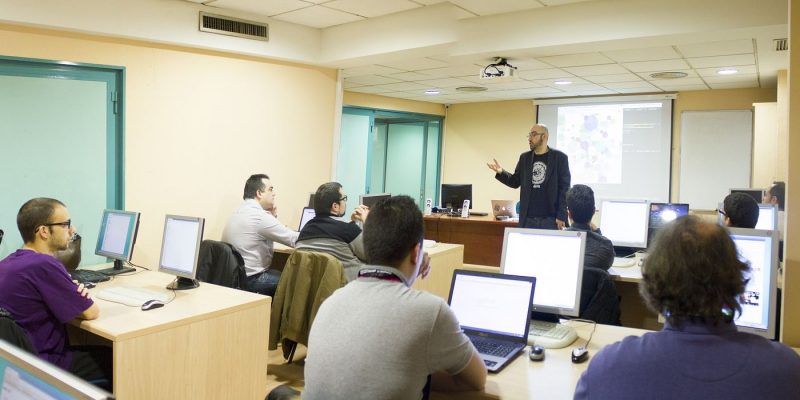
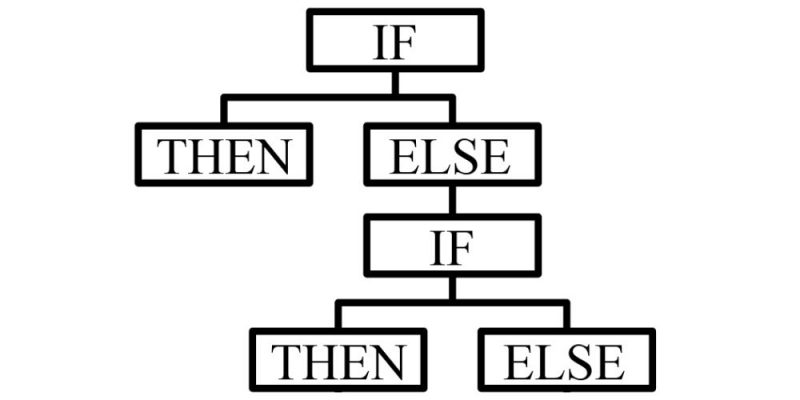
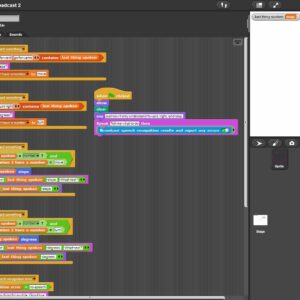

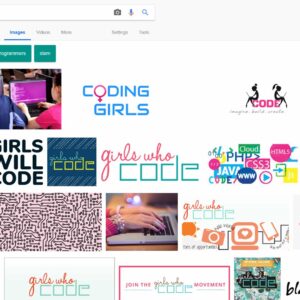
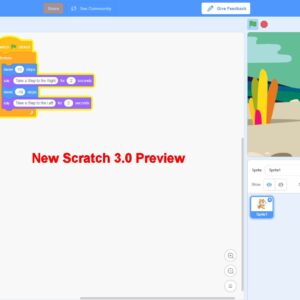
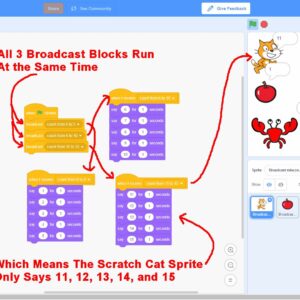
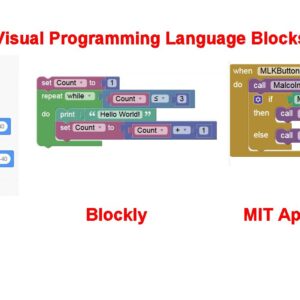
How to Include an Arduino Library in a Sketch #Arduino #Coding...
Secondary School Coding Curriculum Key Stage 3: design, use and evaluate computational abstractions that model...
Arduino Driver Software Installed Successfully on COM4 #Arduino #Software...
Smart Robot Car Kit DC Motors Installation #Robots #STEM #Makerspace...
Arduino IDE Sketchbook Location #Arduino...
Find Your Raspberry Pi IP Address #RaspberryPi...